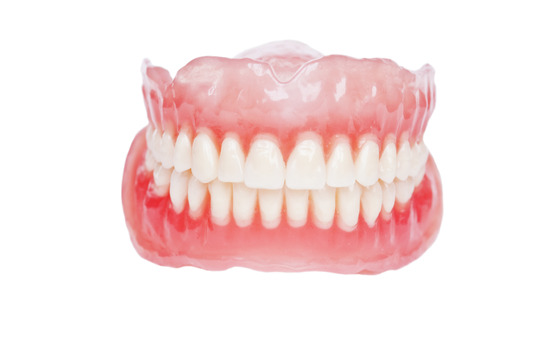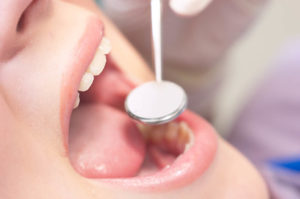Periodontitis is one of the most common dental diseases and is often associated with other chronic inflammatory diseases. A new therapy for its treatment could derive from Low Dose Medicine, the synthesis of a new pharmacological technique that is making its way into medicine.
A new pharmacological approach for inflammatory diseases
Low Dose Medicine is a new pharmacological approach based on the oral administration of low doses of biological molecules useful for regulating and controlling cellular functions.

To make possible these new therapies that will help to treat periodontitis too is a new pharmaceutical technology based onSequential Kinetic Activation, SKA (Sequential Kinetic Activation), ie the ability of the basic drug to release its pharmacological activity in the aqueous medium with concentrations lower than those considered the minimum effective.
Parodontite e Low Dose Medicine
A 2019 survey found that periodontitis is an inflammatory disease that is widespread in nearly half of the entire world adult population.
Advanced periodontitis affects 743 million people worldwide and is the most common and widespread cause of tooth loss.
Edentulism, however, is not the only consequence of inflammation and deterioration of the periodontal ligament. In fact, the correlation between periodontitis and other systemic inflammatory diseases is documented such as:
- cardiovascular diseases;
- type 2 diabetes;
- obesity;
- chronic renal failure;
- rheumatoid arthritis.

The causes of periodontitis
In recent studies, plaque has been shown to play an important role in the development of periodontitis, yet it is not the only trigger.
The genetic component in the development of periodontitis, for example, is one of the factors that dentists around the world are confronting. In fact, it has recently been shown that interleukin 10 polymorphism can increase the risk of progression of periodontitis.
Other variables, on the other hand, are linked to lifestyle, such as:
- smoke;
- alcohol;
- incorrect nutrition;
- poor oral hygiene;
- stress;
- vitamin deficiency.
The new therapeutic approach
In a recent research, low dose medicine was experimented with the Sequential Kinetic Activation (SKA) of interleukin 10 aimed at controlling the chronic inflammatory pathology caused by periodontitis.
Patients included in the trial sample were administered low dose interleukin-10 with 20 drops 2 times / day for 3 months. In the following six months, the low dose drug was administered every other month and, finally, for one month during the follow-up visit.

I risultati della low dose medicine sulla parodontite
At the end of the therapy with low dose medicine, the depth of the periodontal pocket went from the initial values between 6 and 8 mm to values less than 3 mm.
There was also a reduction in pathogenic bacteria to below 2%, both at the end of therapy and during the 1 and 2-year follow-ups.
This therapy therefore seems to open an alternative to anti-inflammatory therapies, NSAIDs, whose intake for prolonged periods in any case exposes the patient to side effects.
Thanks to the use of low dose interleukins SKA it is possible to control chronic inflammatory processes and not only those related to periodontitis.
















